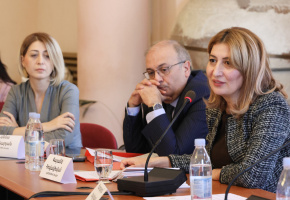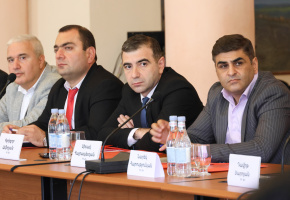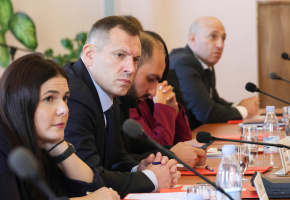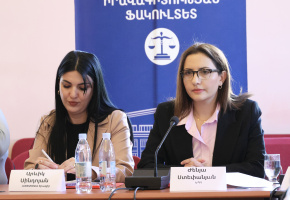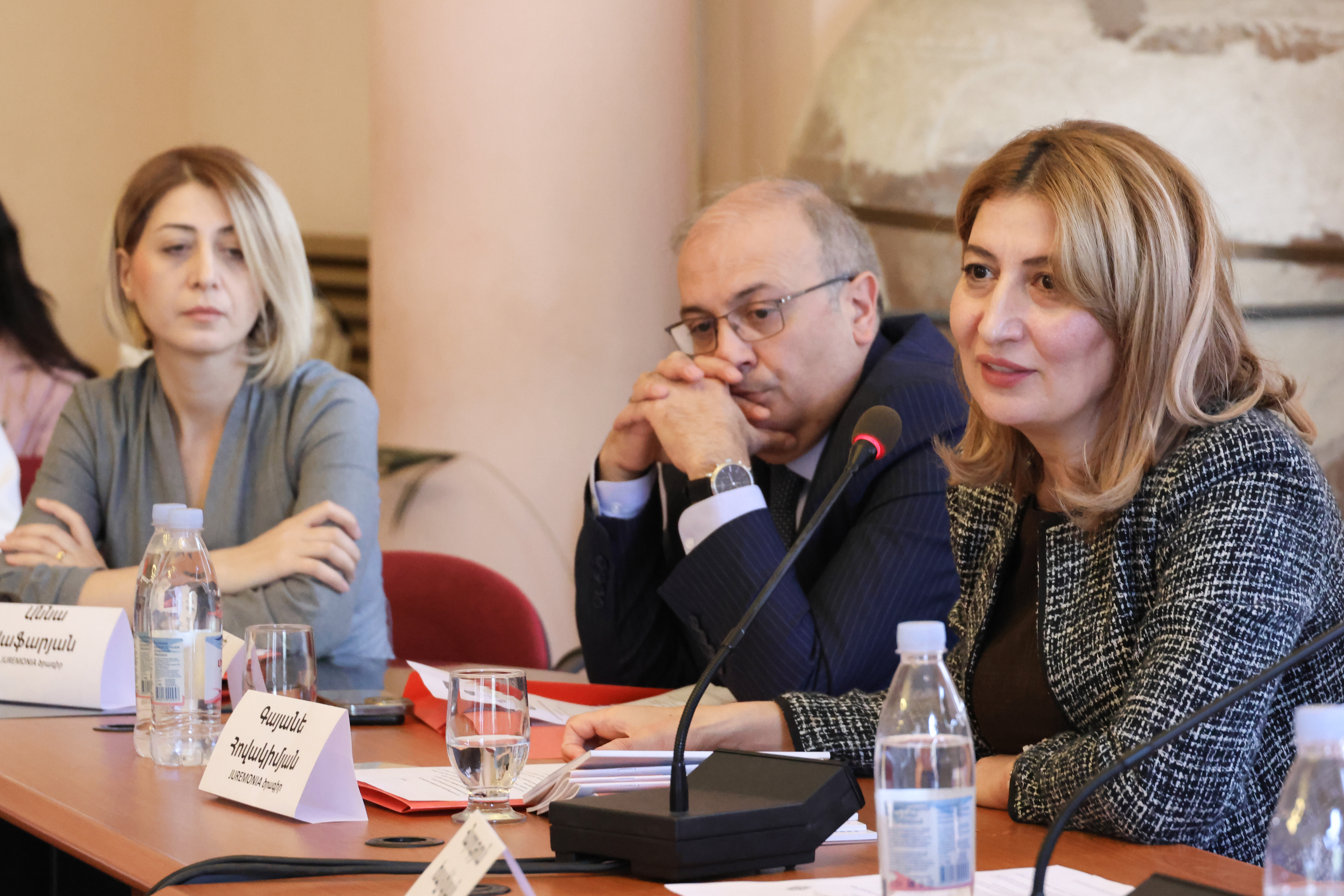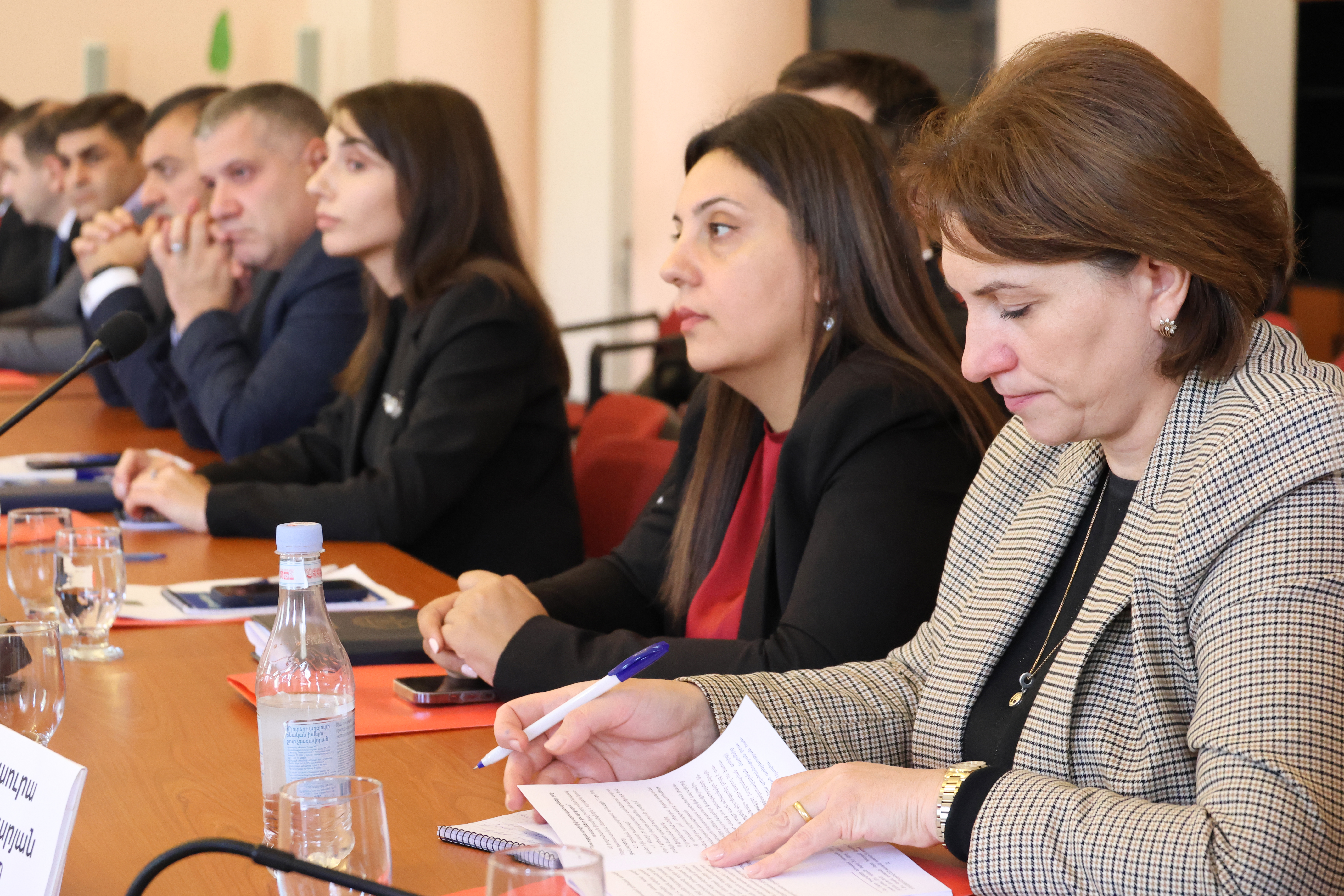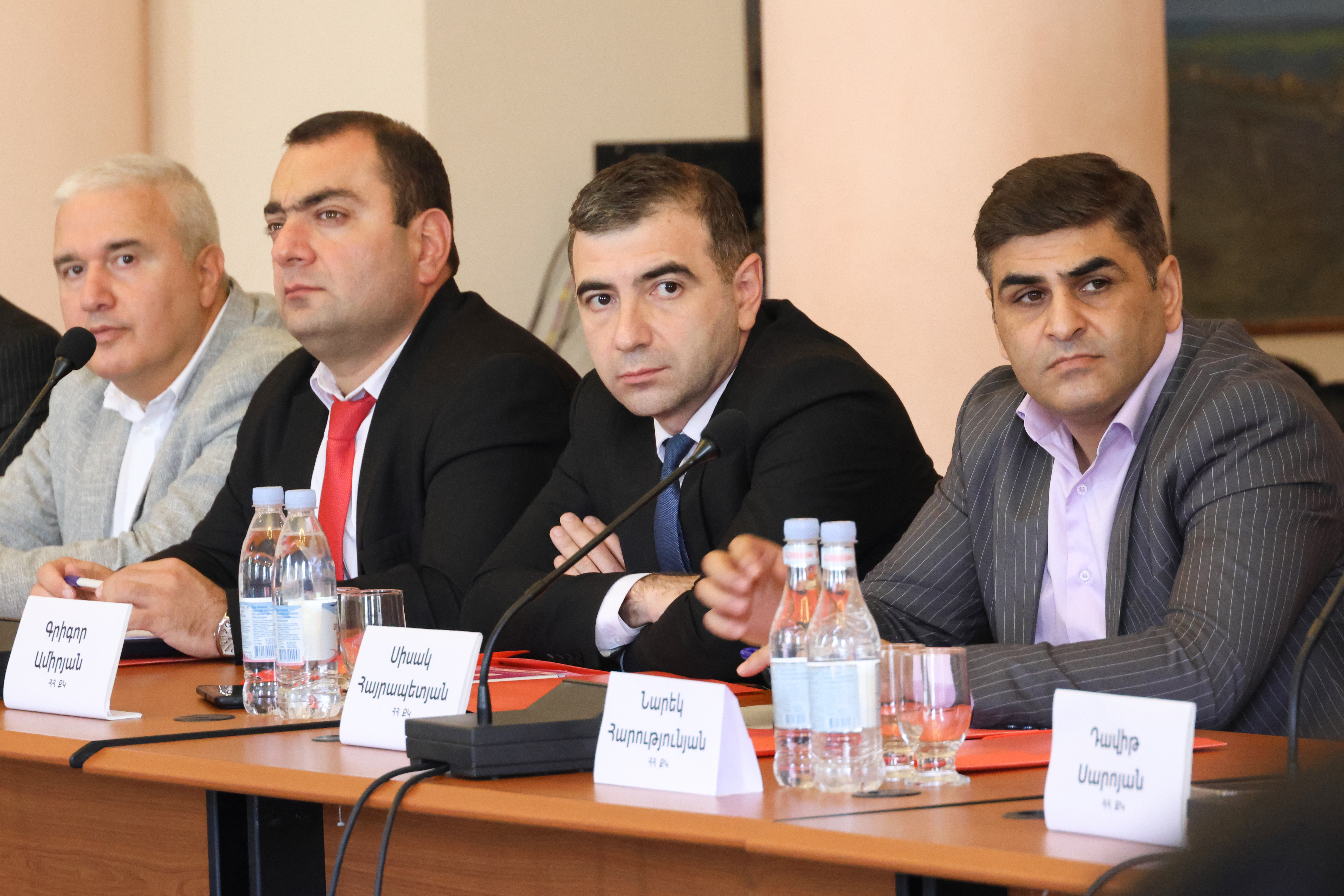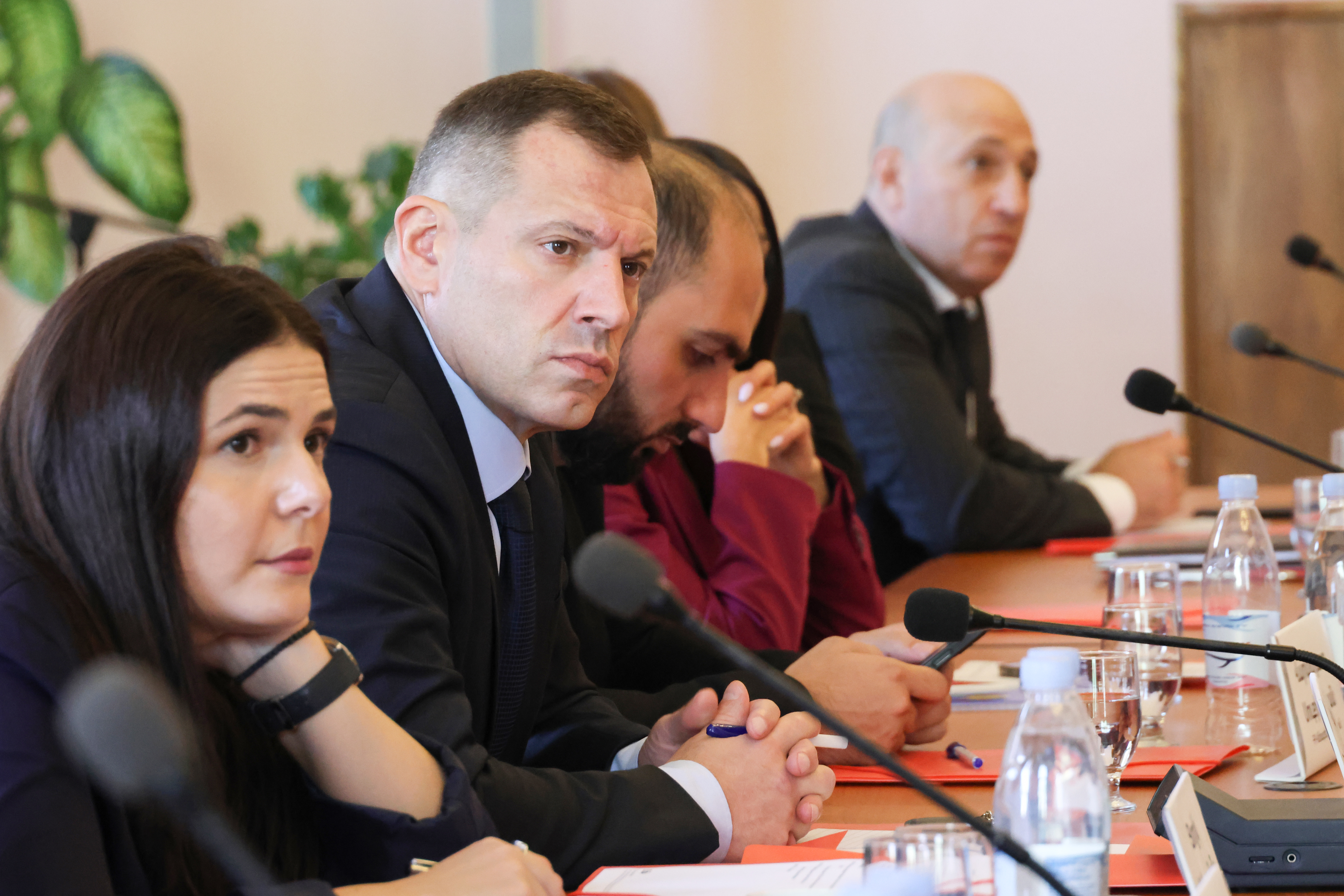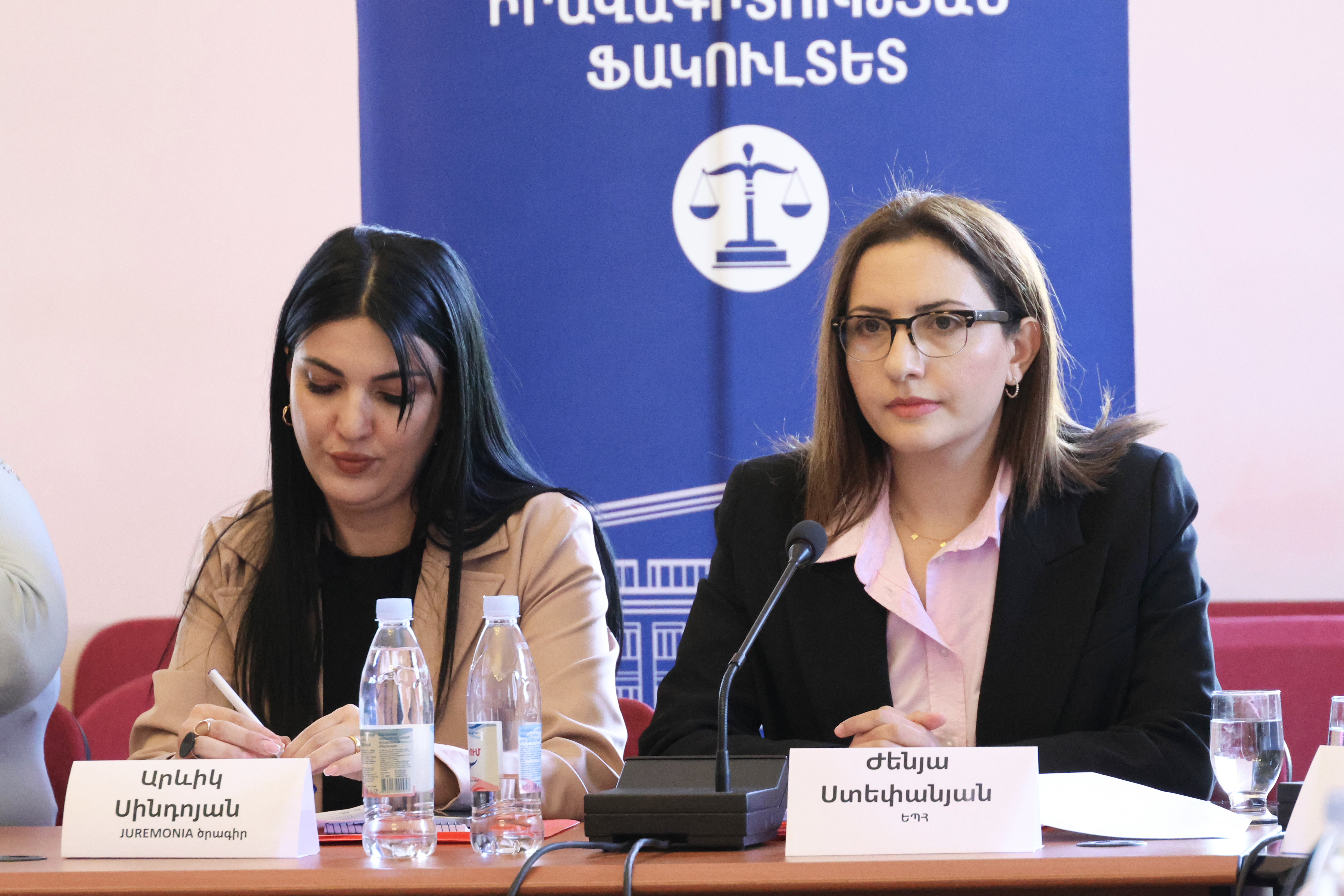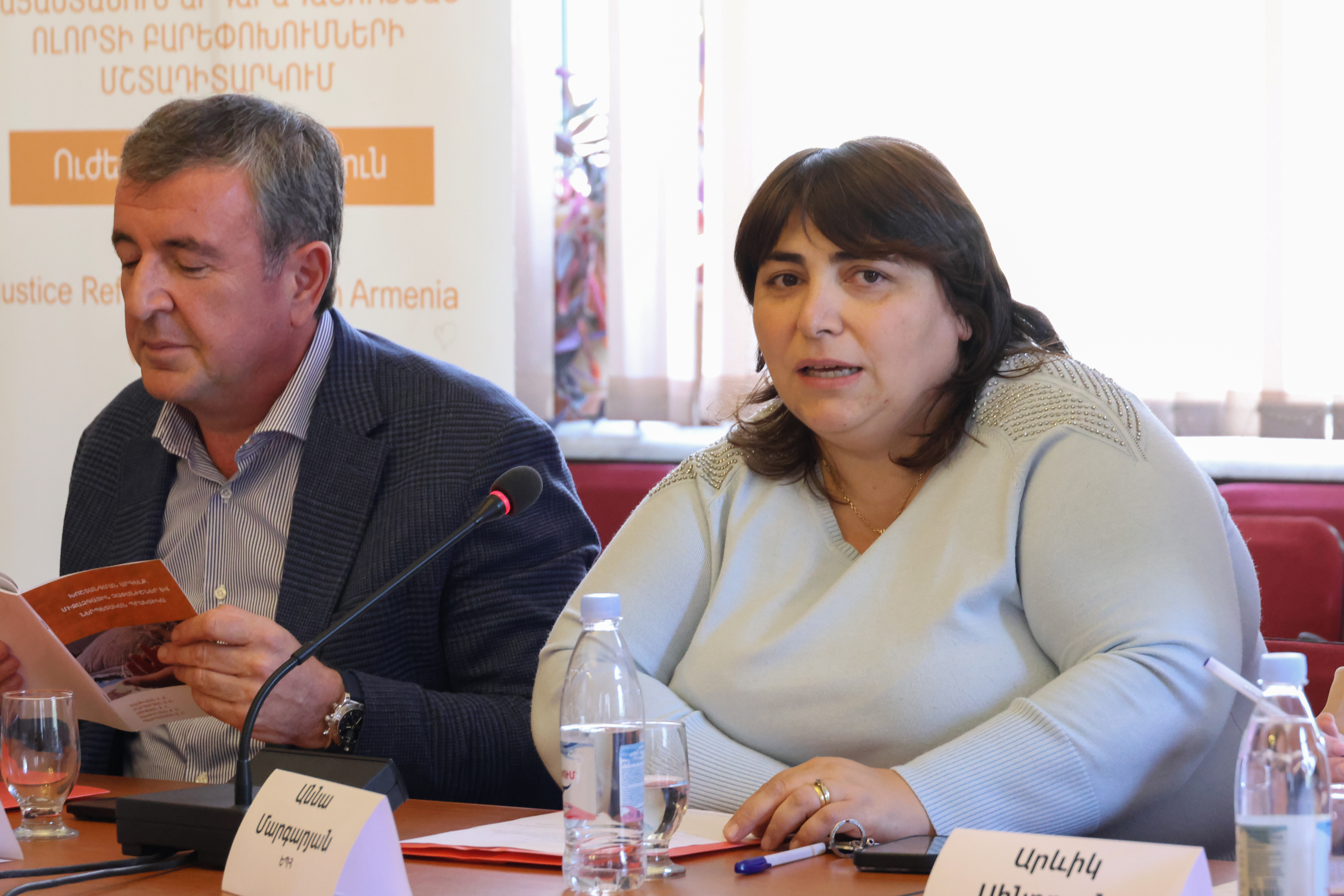October 23, 2025 | 14:24
Partners
Education
Theory and practice on one platform: Legal scholars and practitioners engage in discussion
A roundtable discussion was held at Yerevan State University, initiated by the Chairs of Criminal Law, Criminal Procedure and Criminalistics at YSU Faculty of Law. The event brought together legal scholars and practitioners to discuss newly developed modules—created within the framework of the EU–funded program "Access to Justice: Applying Innovation in the Educational Process"—that are planned to be incorporated into the faculty’s academic curriculum, as well as other current issues relevant to the legal field.
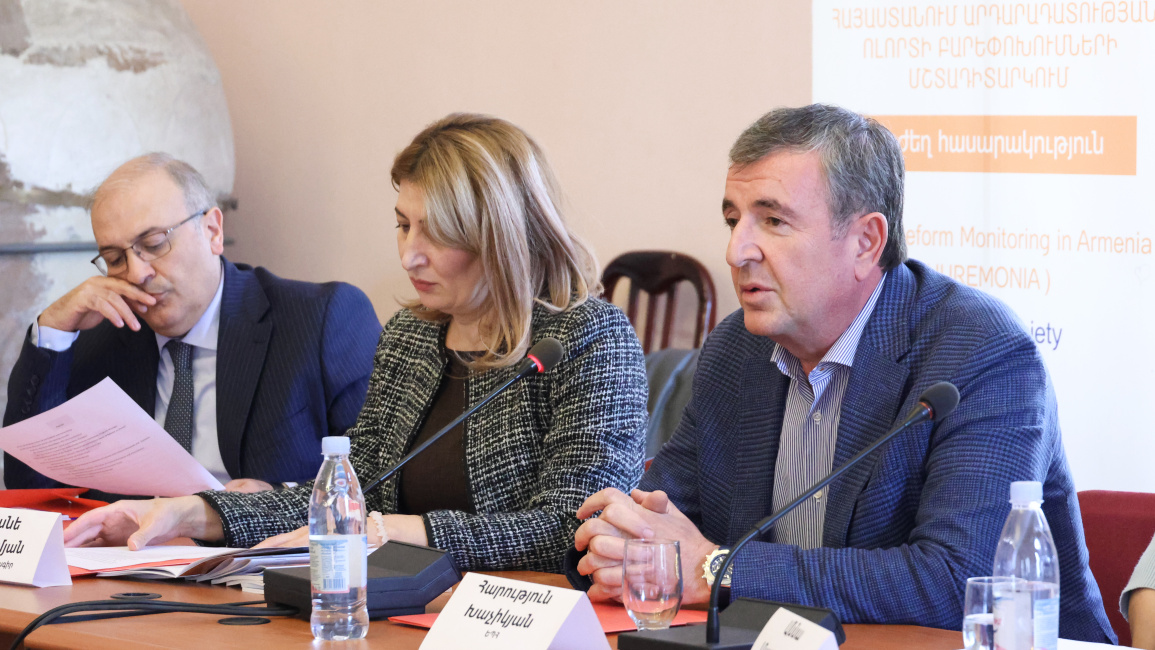
The discussion focused on two newly developed modules: "Theoretical and Practical Issues of Conditional Early Release from Punishment" and "Prohibition of Torture: International Standards and Domestic Practice."
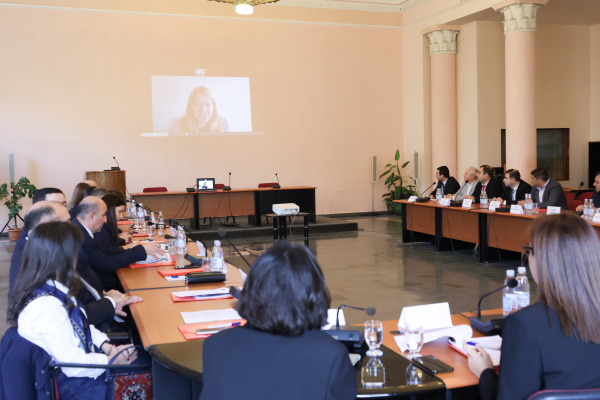
In his opening remarks, Professor Harutyun Khachikyan, Dean of the Faculty of Law, underscored the significance of the discussion, emphasizing both the relevance of the selected topics and the importance of strengthening the link between theory and practice.
Zhenya Stepanyan, Assistant at the Chair of Criminal Law, presented the international standards for conditional early release from punishment, the legal positions reflected in the case law of the European Court of Human Rights (ECHR), and, in light of these, highlighted the existing gaps and shortcomings in domestic legislation, as well as practical issues of significance.
Tatevik Sujyan, Associate Professor and PhD in Law at the Chair of Criminal Procedure and Criminalistics, addressed the definition of torture, the criteria for distinguishing it from other forms of ill-treatment, and the state's obligations in the context of combating torture. She also presented domestic practices and relevant international standards.

The participants engaged in an active exchange of views on the presented topics, as well as on legislative and practical issues that have emerged in their professional activities. Legal practitioners emphasized the importance of organizing such meetings, noting their value for their professional activities.
The roundtable discussion was attended by representatives of the faculty's academic staff, the Academy of Justice of the Republic of Armenia, the Ministry of Justice, the Ministry of Internal Affairs, the Court of Cassation, the Office of the Prosecutor General, the Investigative Committee, the Anti-Corruption Committee, the Office of the Human Rights Defender, as well as members of civil society.
